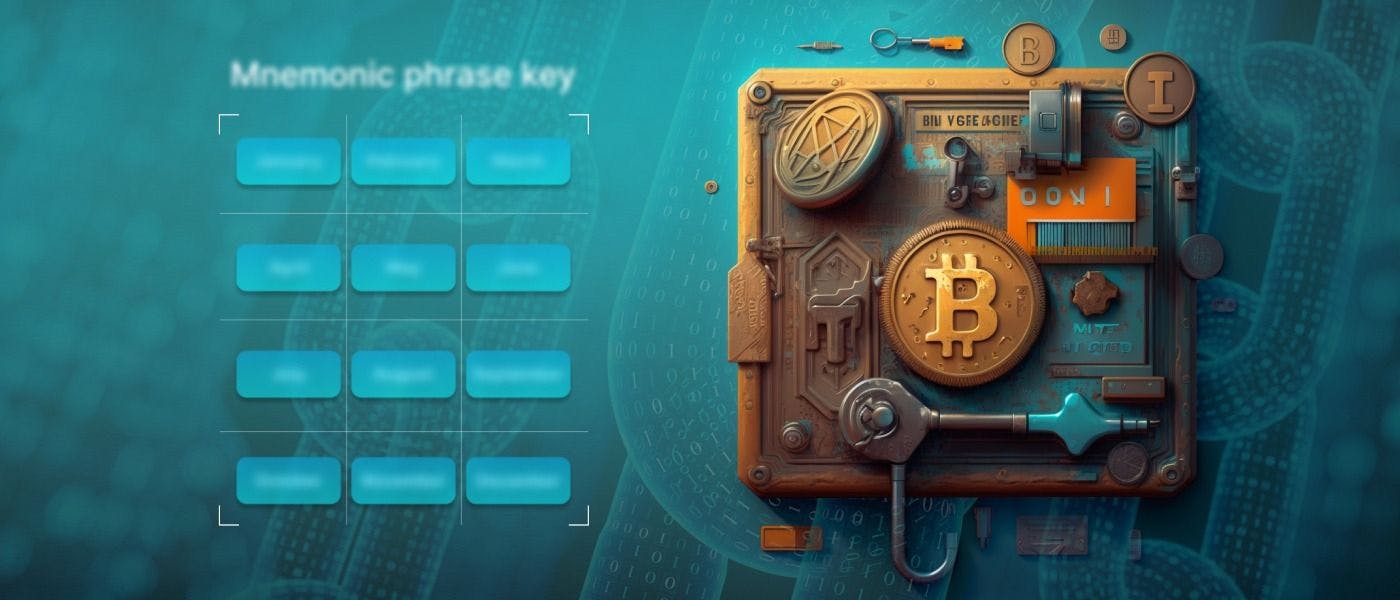379 reads
About Loss and Crypto: Never Lose Access, Ensure Loved Ones Inherit It
by
February 13th, 2023
Audio Presented by

Crypto and Blockchain enthusiast and tech writer. DeFi, DAO, P2E, protocols reviews
Story's Credibility

About Author
Crypto and Blockchain enthusiast and tech writer. DeFi, DAO, P2E, protocols reviews
